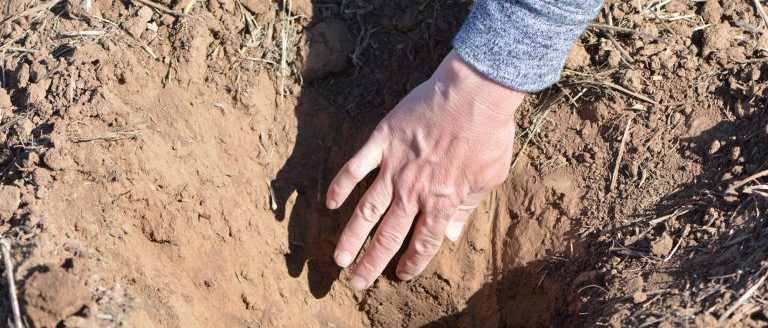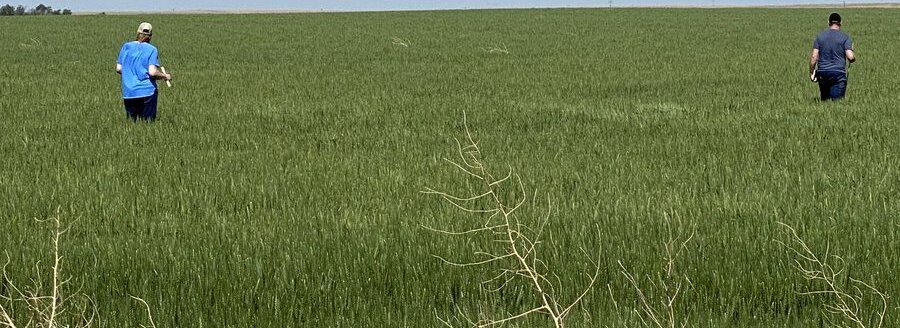The heat season is here
June 21 was the first day of summer but one could not tell it from the heat we’ve sizzled in for nearly two months.
While we have received some moisture in recent months it has not been enough to end a prolonged drought in Dodge City, Kansas. It is going to take time and headed into the traditional summer dry season and hoping for above average rainfall is probably not a realistic approach.
When the weather challenges growers is when I take note and I continue to be impressed with how modern farm production has changed. In 1980, 1983 and 1989 were all years where I lived in the heartland where grain production struggled. In 1980 even the regions with irrigation saw significant reduction in yields.
With the advance of no-till practices and drought-resistance crops, farmers have been able to raise crops despite tremendous challenges offered by Mother Nature. My dad used to say about certain farmers he knew that they had the ability to raise a wheat crop or milo crop when no one else could. That was an endorsement to the skills of those gifted producers.
Today’s technological advancements have allowed more producers to be more precise and take advantage of data that was once unavailable. Knowing how to apply that information has put today’s producers into more of the class of what dad used to say.
It should not come as any surprise the result of grain production on a consistent basis has provided farmers with a stable base. I once asked a contemporary if he preferred higher prices with marginal yields or lower prices with higher yields and he said in a multi-year period the second scenario was his best fit. He remains a successful farmer.
Today’s pocketed drought—as I write this it came on the heels of heavy rain in the northern part of Kansas—is going to present producers with more challenges and one of which is lower prices and in some cases lower yields. That scenario does not happen very often and yet it could be very real as we are about to enter the second half of 2018.
The winter and spring seasons, for what they were worth, were a mixture of very cold and very warm temperatures with not a lot of moisture. My hope is the summer and fall will be beneficial to all producers, with gentle and timely rains to restore subsoil moisture and fill ponds and enough heat to let the fall crops flourish. And from a selfish perspective—cool nights to give my air conditioning bill a break.

